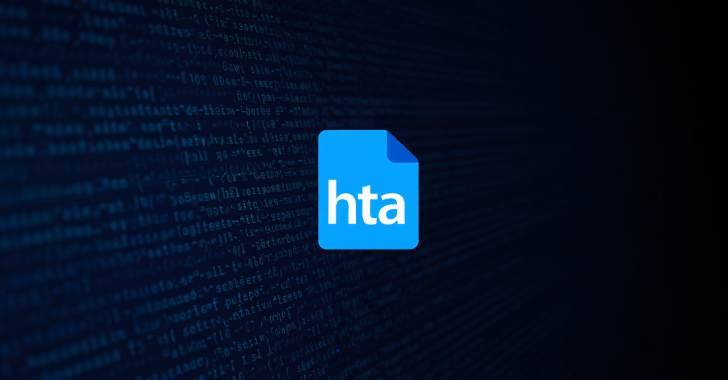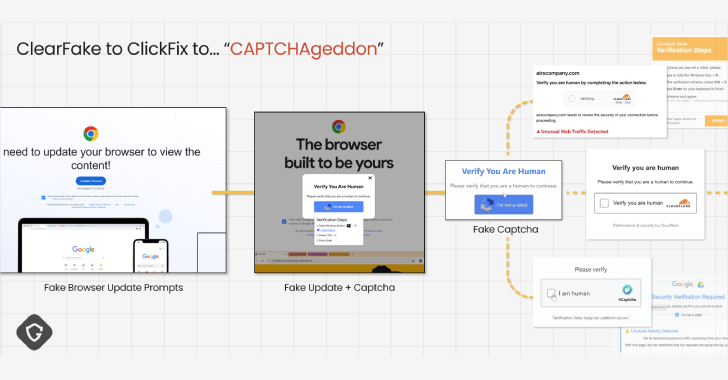
A How-To Guide to Ensure Privacy Compliance
Privacy compliance is a critical aspect of modern business operations. With ever-increasing amounts of personal data being collected, stored, and processed, organizations must prioritize protecting the privacy rights of individuals. Failure to comply with privacy regulations can result in severe consequences, including legal penalties and reputational damage. This article will provide a comprehensive guide on how organizations can ensure privacy compliance and create a robust framework to safeguard personal data.
- Understand Privacy Regulations: The first step in ensuring privacy compliance is understanding the applicable regulations. Familiarize yourself with the laws and regulations that govern your industry and jurisdiction. Key regulations to consider include the General Data Protection Regulation (GDPR), the California Consumer Privacy Act (CCPA), and other national or regional data protection laws. Knowing the specific requirements and obligations outlined in these regulations is essential to design an effective privacy compliance program.
- Appoint a Privacy Officer: Designate a privacy officer or team responsible for overseeing and managing your organization’s privacy compliance efforts. This individual or team should have a deep understanding of privacy regulations and be equipped to address privacy-related issues, implement new policies, and monitor compliance. They will serve as a resource for employees and ensure privacy compliance remains a priority throughout the organization.
- Conduct a Privacy Audit: Perform a comprehensive privacy audit to assess your organization’s current data practices and identify potential privacy risks and vulnerabilities. This audit should review data collection methods, storage practices, data sharing with third parties, security measures, and data retention policies. By understanding your existing data processes, you can identify any gaps or shortcomings in privacy compliance and take appropriate action to address them.
- Develop Privacy Policies and Procedures: Privacy policies and procedures serve as guidelines for your organization’s data handling processes. They outline how personal data is collected, stored, and used, as well as the measures in place to protect that data. Develop comprehensive and transparent privacy policies that align with best practices and regulatory requirements. Ensure that these policies are easily accessible to users and regularly updated to reflect changes in privacy regulations or organizational practices.
- Obtain Consent and Provide Transparency: Explicit consent is a vital component of privacy compliance. Clearly communicate to individuals what data is being collected and how it will be used. Obtain their informed consent before collecting any personal data, and provide them with the option to opt out of certain data processing activities. Transparency is crucial in building trust with users and fostering a positive perception of your organization’s privacy practices.
- Implement Strong Data Security Measures: Privacy compliance requires robust data security measures to protect personal data from unauthorized access, loss, or breaches. Implement secure data storage practices, encrypt sensitive information, and regularly update security protocols. Train employees on data security best practices and establish strict access controls to limit data exposure. Regularly assess and test your organization’s data security measures to identify and address any vulnerabilities or weaknesses.
- Prioritize Data Minimization and Retention: Collect and retain only the minimum amount of personal data necessary to fulfill your organization’s purpose. Avoid collecting excessive or unnecessary data that could pose privacy risks. Establish clear guidelines and policies on data retention, ensuring that personal data is retained for only as long as necessary. Regularly review and update your data retention policies to align with changing regulatory requirements.
- Provide Privacy Training and Awareness: Educate your employees about privacy compliance and their roles in ensuring data protection. Conduct regular privacy training sessions to increase employee awareness of privacy best practices, data protection measures, and potential risks. Encourage employees to report any privacy concerns or incidents promptly. By fostering a culture of privacy awareness, you empower your workforce to become privacy advocates within your organization.
- Monitor Compliance and Conduct Regular Audits: Regularly assess and monitor your organization’s privacy compliance to identify any gaps or areas for improvement. Conduct internal audits and assessments to evaluate data handling practices, policies, and procedures. Monitor the effectiveness of security measures and the compliance of employees with privacy policies. Implement periodic external audits or engage third-party privacy experts to provide an unbiased assessment of your privacy compliance efforts.
- Stay Updated on Privacy Best Practices: Privacy regulations and best practices continue to evolve. Stay informed about emerging privacy trends, changes in regulations, and evolving privacy risks. Join relevant professional organizations or communities to access resources and stay updated on privacy-related news. Regularly review and update your privacy compliance program to reflect new requirements or industry standards.
In conclusion, privacy compliance is not a one-time undertaking; it requires ongoing commitment and effort. By understanding privacy regulations, appointing a privacy officer, conducting privacy audits, developing comprehensive policies and procedures, and implementing strong data security measures, organizations can establish a robust privacy compliance program. Prioritizing data minimization, providing privacy training, monitoring compliance, and staying updated on privacy best practices ensures that organizations can adapt to changing privacy requirements and continue protecting the privacy rights of individuals.
Contact Cyber Defense Advisors to learn more about our Privacy Compliance solutions.





